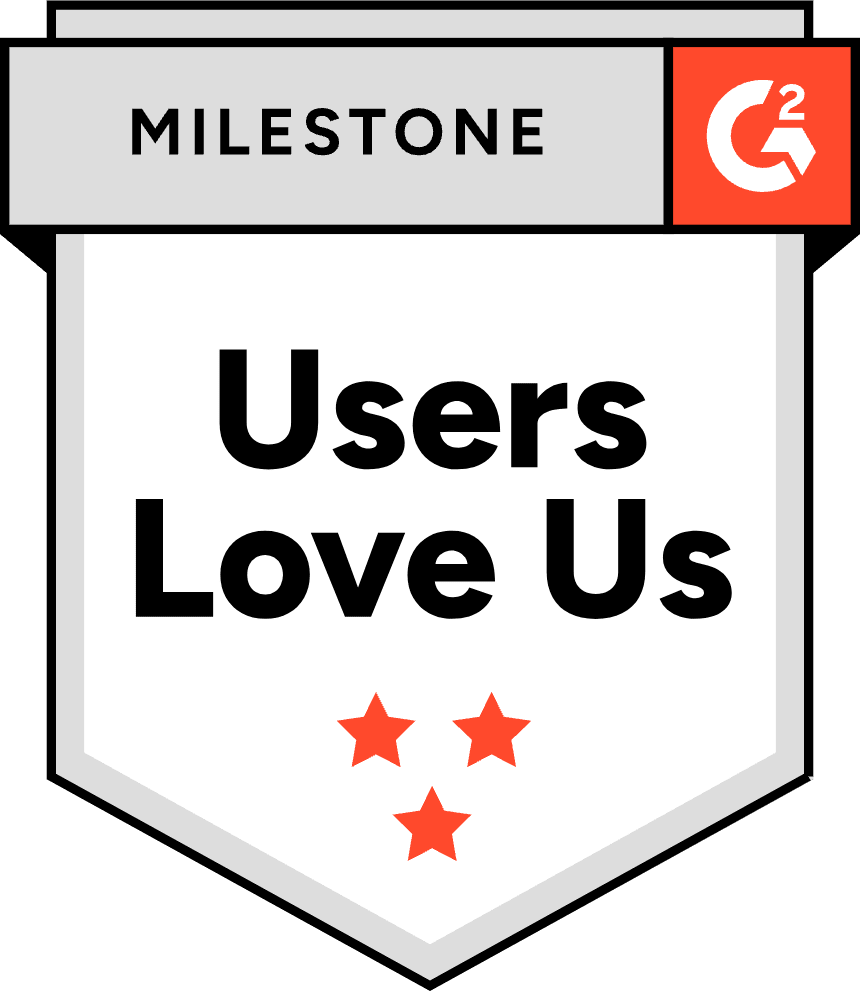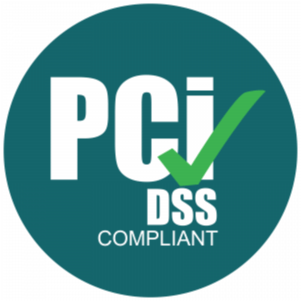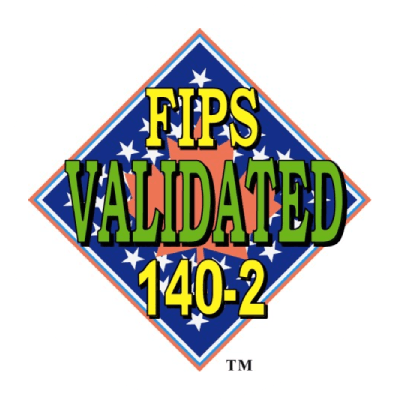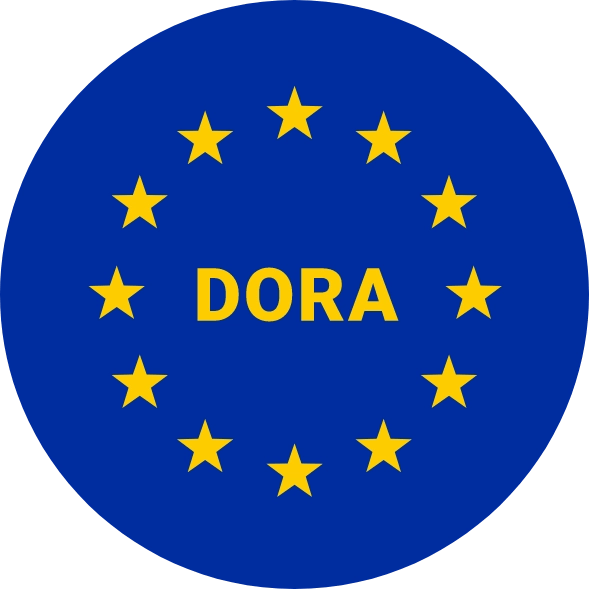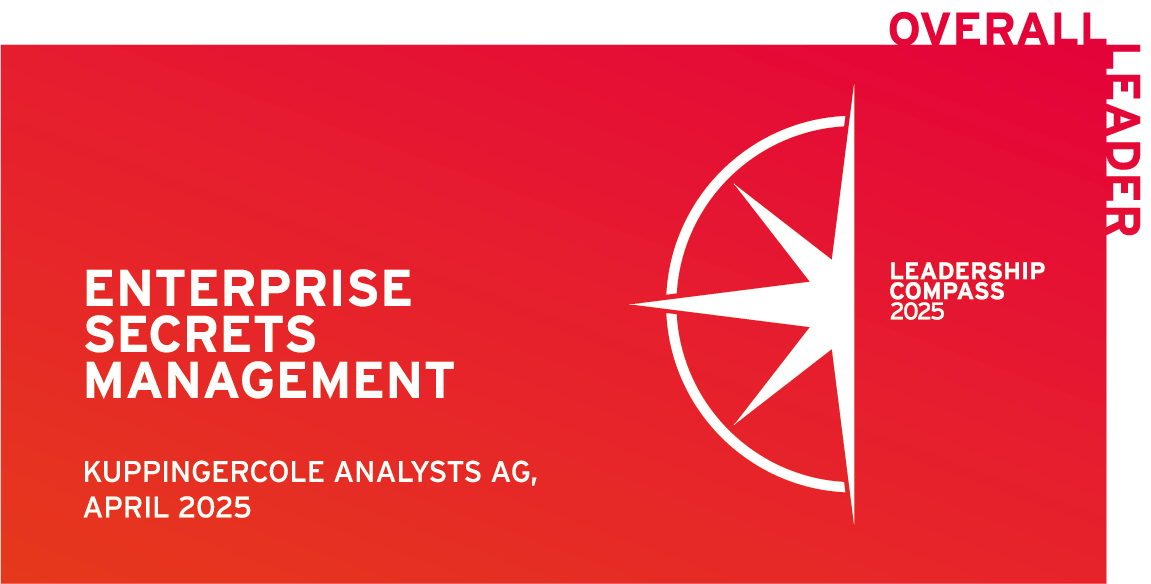Secrets management is one approach for managing a wide variety of sensitive information. In the context of compliance, effective secrets management ensures your organization follows applicable regulations.
Keep reading to learn more about secrets management and how adopting the right technologies and processes allows you to stay in full compliance with any applicable regulations.
What is a Secret?
When it comes to IT and security, a secret provides access to sensitive or confidential information that must be protected. A secret can include the following:
- Passwords
- API keys
- Cryptographic keys
- Other credentials for authentication
- Personal Identifiable Information (PII)
Other sensitive information relevant to your industry or organization can also be considered secrets.
What is Secrets Management?
Secrets management combines management and securing of secrets. Effective secrets management is concerned with secure storage, access control, and lifecycle management.
The ultimate goal of secrets management is to protect sensitive information from being accessed by unauthorized users. Not only does this protect your organization, but it also helps you achieve and maintain compliance with a range of regulations and standards.
How Secrets Management Keeps You Compliant
How does secrets management contribute to helping you stay compliant with all applicable regulations or standards?
Once enacted, effective management practices and tools strengthen data protection, access controls, and auditing capabilities. These attributes directly help organizations meet the specific requirements of common compliance standards. Let’s break down how secrets management contributes to specific standards and frameworks.
SOC 2 Type 2
SOC 2 Type 2 focuses on customer data security, availability, and confidentiality. Secrets management plays a pivotal role in maintaining SOC 2 compliance by enabling necessary security controls, including:
- Access control: Effective secrets management ensures that only authorized personnel can access sensitive data and credentials, adhering to the principle of data confidentiality. In addition, regular secret rotation reduces the risk of unauthorized secret access.
- Audit trails: Adopting the right solutions will maintain detailed audit logs of who accessed specific secrets and when facilitating compliance with auditing and monitoring requirements.
- Encryption: By encrypting secrets both in transit and at rest, secrets management safeguards data integrity, aligning with SOC 2’s data protection objectives.
ISO 27001
ISO 27001 is an international framework for IT security and is required in many industries. Secrets management contributes to compliance by contributing to the following requirements:
- Risk management: Secrets management secures secrets throughout the secret lifecycle including creation, rotation and deletion, and assists in identifying and mitigating the risks associated with unauthorized access to critical data, promoting the principle of risk management within the framework.
- Policy enforcement: Tools involved in secrets management, such as Akeyless, can enforce policies related to data access, passwords, and encryption, which ensures compliance with ISO 27001 controls.
- Incident response: In the event of a security incident, secrets management enables rapid response by facilitating the rotation of compromised secrets, which abides by the framework’s incident management process.
GDPR
General Data Protection Regulation (GDPR) requires strict data privacy and protection processes. Secrets management contributes to GDPR compliance by contributing to critical requirements, such as:
- Data minimization: Depending on the implementation, secrets management can help restrict access to necessary data via controlled access, aligning with GDPR’s data minimization principle.
- Consent management: Managing user consent is a cornerstone of GDPR. Secrets management contributes to data access and processing, allowing organizations to manage and protect consent records.
- Data protection impact assessment (DPIA): Secrets management assists in assessing and mitigating risks associated with data processing, which is a crucial aspect of GDPR compliance.
PCI DSS
The Payment Card Industry Data Security Standard (PCI DSS) focuses on securing payment data. Secrets management supports compliance by helping organizations manage the following:
- Secure authentication: Implementing strong secrets management provides secure authentication methods for accessing payment-related secrets.
- Encryption: The right secrets management solutions encrypt sensitive payment card data, which is vital to meet PCI DSS encryption requirements.
- Auditability: By maintaining detailed audit logs of secret access and changes, secrets management aids in compliance monitoring and testing requirements.
Best Practices for Secrets Management to Stay Compliant
Effectively implementing secrets management to fully comply with the above standards requires following essential best practices. Let’s quickly review a few crucial best practices:
- Centralized secure storage: Centralization simplifies management and enhances the overall security posture by providing a dedicated and controlled environment for secret storage. Most secret management solutions will prioritize centralization.
- Strong access control: Implementing strong access controls for secrets, such as role-based access control (RBAC) and multi-factor authentication (MFA), is crucial for preventing unauthorized access and complying with security standards.
- Standardized lifecycle management: Creating standards for managing and regularly rotating secrets helps prevent mismanagement, reduces security risks, and contributes to compliance efforts by maintaining a more secure, structured and traceable approach to secret handling.
- Leverage automation when possible: Automation enhances efficiency, reduces the potential for human error, and makes sure secrets are consistently rotated according to established policies. Your chosen secrets management tool determines available automation options.
- Audit and monitor access: Regularly reviewing and analyzing these logs is crucial for identifying security breaches and proactively addressing potential security issues. Additionally, access logs contribute to adherence to compliance and regulatory requirements.
Secrets Management Keeps You Compliant
Secrets management is crucial in maintaining compliance with varying regulatory requirements and frameworks. Adopting the right secrets management platform is vital to provide your organizations with the tools and practices necessary to secure sensitive information, control access, monitor activities, enforce policies, and rapidly respond to security incidents.



